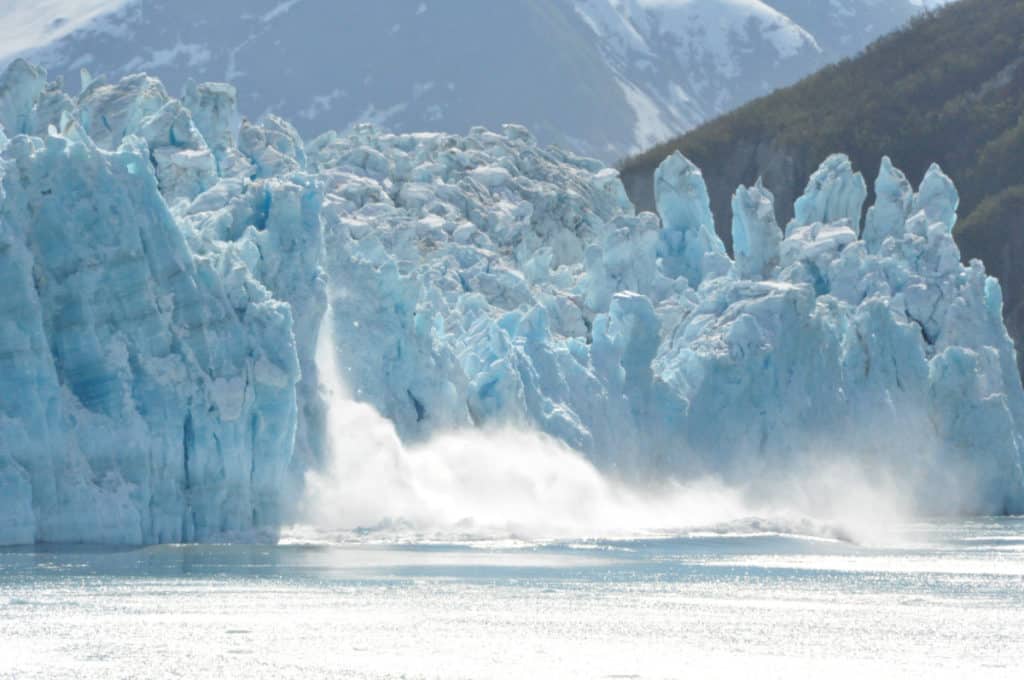
According to the Global Air Report 2019, toxic air will reduce the life expectancy of children exposed to it by 20 months. Air pollution is a serious problem around the world and toxic air holds the infamous title of the fifth leading factor in mortality across the world.
This problem is most severe in Asian and African nations where lung-clogging particular matter, called PM 2.5 and larger, can be found. These particles get stuck in the respiratory system of those who inhale them, which results in a shorter life expectancy.
What Countries Suffer The Most
Bangladesh, China, India, and Pakistan suffer the most from air pollution. India currently holds the title of having the most polluted cities in the world, while China previously owned this title. In many of these cities, large clouds of toxic gas can be seen for multiple days before dissipating.
In Southern Asian nations, a child born there will have his or her life shortened by 30 months due to this toxic air and in comparison, the world average is 20 months.
What Is Causing This Level of Air Pollution

Air pollution has multiple sources from businesses to cars and many of these nations have terrible regulations in place. It is normal in this area of the world to use coal to cook every meal, which is terrible for families to breath in. On top of this, many of these sources have greenhouse gas emissions in addition to other toxic air pollutants, which accelerate climate change.
Construction companies in India hold a lot of the blame for PM 2.5 particles released into the country, but because of the laws in place, nothing is being done.
China Is Getting Cleaner
China has had stricter regulations put in place to fight air pollution and lower greenhouse gas emissions. The report brings attention to the fact that China has significantly lowered the number of PM 2.5 particles found in the air of 74 cities in the country. This is a clear example of successful government intervention helping to clean up the environment.
However, even with this rapid progress, the report suggests much more work is needed for the country to lower air pollution to healthy levels.

